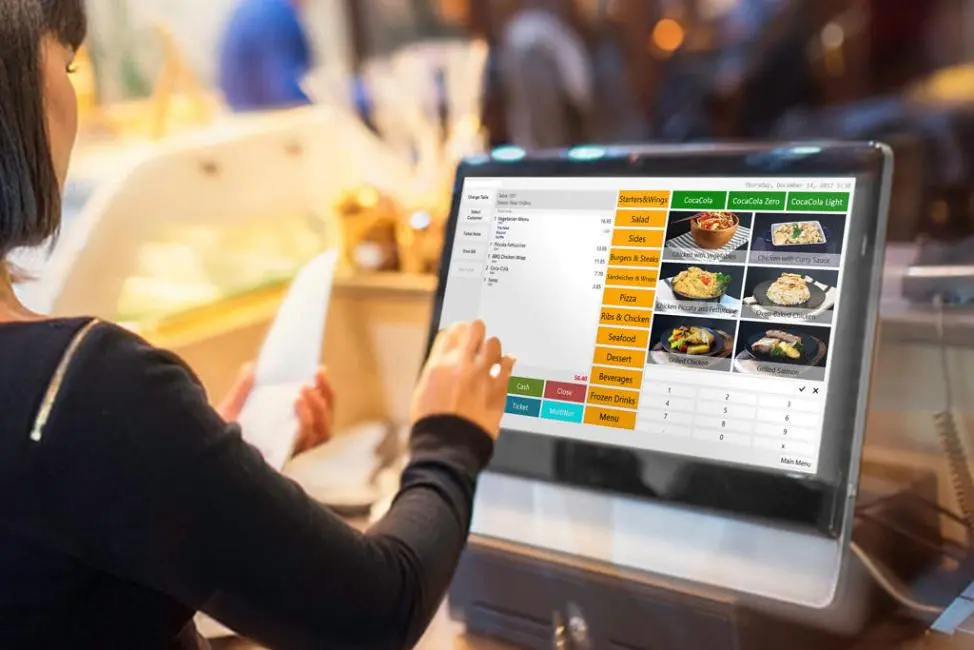The Internet of Things (IoT) is a rapidly growing network of interconnected devices that communicate with each other and with humans. From smart homes to industrial automation, IoT is transforming the way we live and work, creating new opportunities for innovation and growth.
What is IoT?
IoT refers to the connection of physical devices, vehicles, buildings, and other objects to the internet, enabling them to collect and exchange data. These devices are equipped with sensors, processors, and communication technologies that allow them to interact with each other and with humans.
IoT devices can be found in a wide range of applications, from consumer electronics to industrial machinery. Some examples include:
Smart homes: Devices such as thermostats, security cameras, and lighting systems can be controlled remotely through a smartphone app.
Wearables: Fitness trackers, smartwatches, and medical devices can collect data on our health and wellness.
Industrial automation: Sensors and actuators can monitor and control manufacturing processes, optimizing efficiency and reducing downtime.
Smart cities: Traffic lights, parking meters, and public transportation systems can be interconnected to improve traffic flow and reduce congestion.
Benefits of IoT
The widespread adoption of IoT is driven by its many benefits, including:
Improved efficiency: IoT devices can automate tasks, reducing the need for manual labor and increasing productivity.
Enhanced safety: Sensors can detect potential hazards and alert workers or shut down equipment to prevent accidents.
Cost savings: IoT devices can reduce energy consumption, optimize resource allocation, and prevent equipment failures, resulting in cost savings for businesses.
Personalization: IoT devices can collect data on user behavior and preferences, enabling personalized services and experiences.
New business models: IoT enables new business models based on data-driven insights and services.
Challenges of IoT
Despite its many benefits, IoT also poses several challenges that must be addressed. Some of these challenges include:
Security: IoT devices are vulnerable to cyber attacks, which can compromise sensitive data or disrupt operations.
Privacy: The collection and use of personal data by IoT devices raises concerns about privacy and data protection.
Interoperability: The lack of standardization in IoT devices and protocols can make it difficult for devices to communicate with each other.
Complexity: The complexity of IoT systems can make it difficult for businesses to implement and manage them effectively.
Future of IoT
The future of IoT is bright, with many exciting developments on the horizon. Some of the trends that are expected to shape the future of IoT include:
Edge computing: The processing of data at the edge of the network, closer to the source of the data, will reduce latency and improve performance.
5G networks: The rollout of 5G networks will enable faster data transfer rates and lower latency, making it possible to support more devices and applications.
Artificial intelligence: AI will enable IoT devices to make smarter decisions based on data analysis and machine learning.
Blockchain: The use of blockchain technology will enhance the security and privacy of IoT devices by creating a decentralized network.



